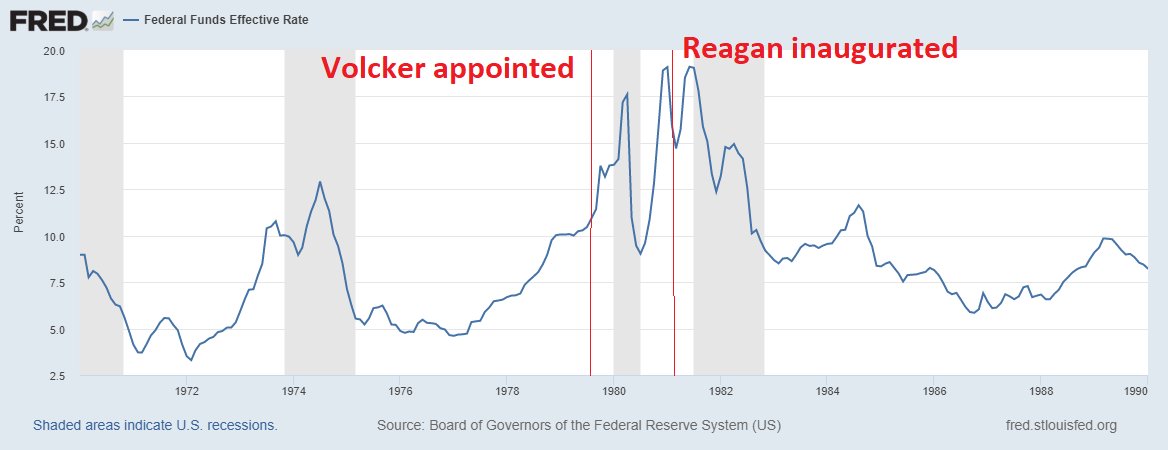
I'm not feeling too great about the 2022 midterms right now, folks.
https://twitter.com/guypbenson/status/1455693758033506308
We're seeing a classic "thermostatic backlash" here, just like when Dems won a bunch of minor elections in 2017. Unless something big changes, a red wave in 2022 seems like a safe prediction at this point.
Also I do not think that Biden passing the BBB bill -- even a version of BBB untouched by Manchin! -- would have much effect on this, any more than the ARRA and ACA helped Dems avoid a wipeout in 2010.
The Afghanistan pullout may have hurt Biden, and Covid sticking around and slowing the recovery may have something to do with it, but mostly this seems like culture-war stuff to me.
But what's really worrying me -- and what should worry every Dem -- is that this backlash began in 2020. Trump lost, but the GOP gained seats in the House. That suggests that Trump's unpopularity was the main thing propping up Dems in that election. Now Trump isn't President...
• • •
Missing some Tweet in this thread? You can try to
force a refresh





